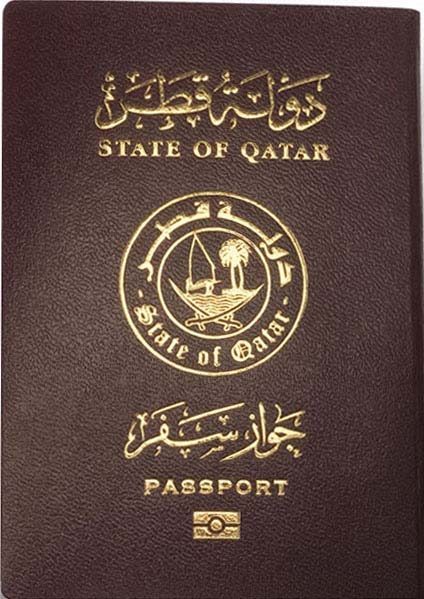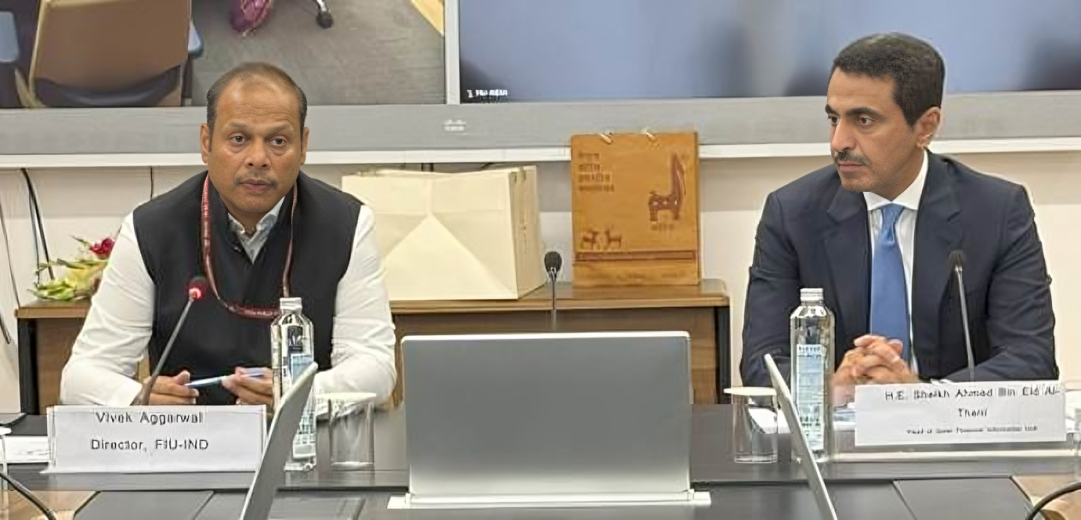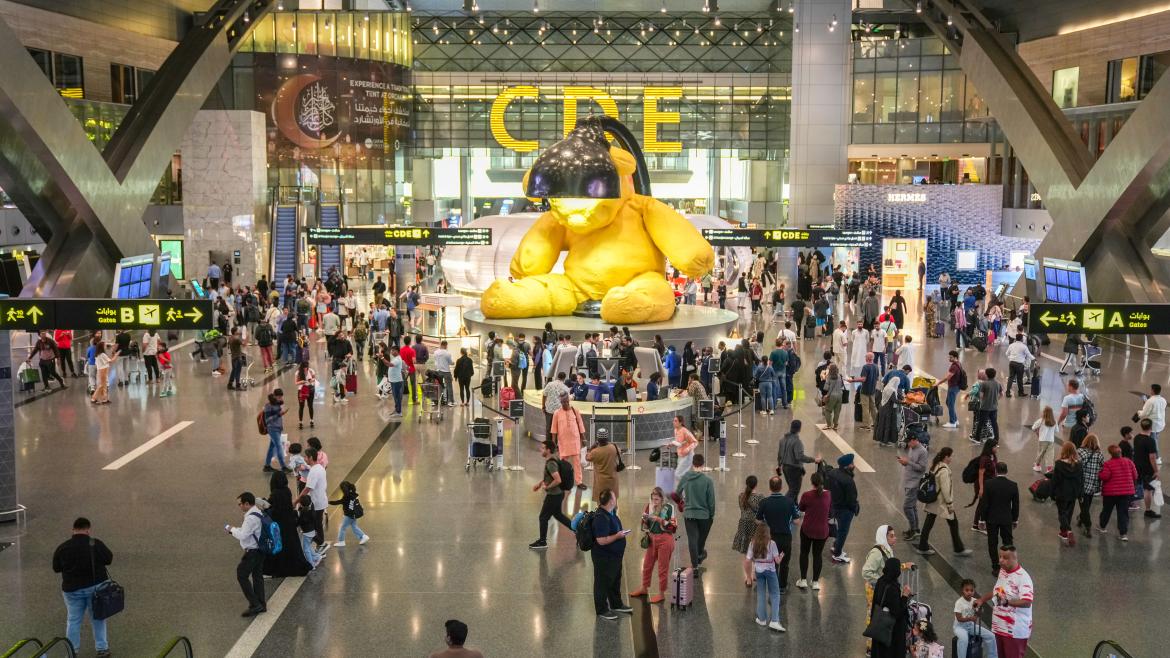
Imagine a Qatar still under British rule, where the official currency is the Indian rupee and there is no Sheraton by the Corniche.
This was what the country was like when Kelandeth Abdulkader first landed in Qatar in 1960 at the age of 27.
Now 83 years old, Abdulkader sits for an interview with Doha News, fondly recalling Qatar’s transformation over the past 50 years, and his small part in the change.
Sailing to Qatar
It used to be easy to work in Qatar.
As a young man working in the ports of Mumbai, Abdulkader would listen to sailors come back to India with lots of stories.
Some of them spoke of how young men were being smuggled to a far-away country and finding work with good pay.
Taking a chance, he stowed away on a boat, sailing to the shores of Umm Saeed with no documentation.

For decades, Abdulkader bounced around working a variety of jobs, including as a hotel cook and in the homes of locals. At the time, he earned about QR250 to QR300 a month.
Life in the ’60s and ’70s
During his first 20 years in Qatar, Abdulkader said the Corniche was simply the spot where barren land met the sea, the airport could accommodate only a few flights and the roads were primitive dusty tracks.
In the spot where Souq Waqif now stands, there used to be a small but famous Iranian market.
Air-conditioning didn’t exist, so fans were the method of survival during Qatar’s summer.
As the years passed, Abdulkader married and started a family. In the ’70s, he found work as a cook for the Emiri Guard.

At the time, he and his wife and children lived in a spacious five-bedroom villa with a backyard that cost QR1,500 a month.
Cars were a luxury item, only affordable by wealthy sheikhs, and orange taxis were the main mode of transport for the average man.
When Abdulkader got his driver’s license in 1977, he remembered having to pay QR100 for the test.
“There were no training institutes, we just had to have somebody teach us and go give the test,” he said.
The expat worked with the Emiri Guard for 12 years until a serious heart attack in 1986 cost him his job two years later.
Here to stay
The next several years were difficult, as Abdelkader was unemployed and rapidly depleting his savings to pay school tuitions for five of his six children.
He said he ended up using money out of his savings in India and taking another short-term job to make ends meet.
“No matter what the circumstances, I wanted them to complete their education and (thanks to God) we managed. I did not greed over my money, I just wanted the best for my children,” he said.
In 1992, Abdelkader found himself back at work at the Al Wajbah Palace for Sheikh Hamad bin Khalifa Al Thani who, three years later, would become the Emir of Qatar.

There, “we used to cook almost 200 chickens every day for the guards, sheikhs and other people who worked there,” he recalled.
Other daily menu items included majboos, biryani, and Indian curry dishes.
In 2006, Abdulkader stopped working, but asked to continue living in Qatar with his family under the Emir’s sponsorship. His petition was accepted, he said.
Speaking to Doha News, his son Shahnawas said this has made the family very grateful:
“Qatar is my first home – (I was) born, brought-up, studied, worked, married here. In earlier days, there were not many expat families here; however the locals were our greatest support and made us feel home.”
Transformation
Though he enjoyed the simple times, Abdulkader gets a smile on his face when he talks about how fast Qatar has developed since its independence from British rule in 1971.
After that, the Sheraton Doha was built, the Qatari riyal introduced and cars became an affordable luxury.
Abdulkader is proud of his adopted home, and speaks fondly of the locals he has come to know.

A few years ago, he informed the government (his sponsor) that he had to undergo surgery for a pacemaker. He was then given QR55,000 in cash on the spot to help him and his family with the procedure.
“They have big hearts,” Abdulkader said, recounting this.
The longtime resident is now retired and lives with his wife, children and many grandchildren in Qatar.
No citizenship
He said he was once promised Qatari citizenship by a sheikh who later passed away, but never formally applied for it himself.

Despite not having a maroon passport, Abdulkader and his family consider Qatar their home, and currently have no plans to return to India.
Speaking to Doha News, his son Shahnawas added:
“I have grown seeing the development of this country from a desert to a dreamland. I would like to thank firstly the Almighty and then the government of Qatar for being so kind and generous to us.
I pray that Qatar continues to grow to greater heights and wish this country all the very best.”
Thoughts?







